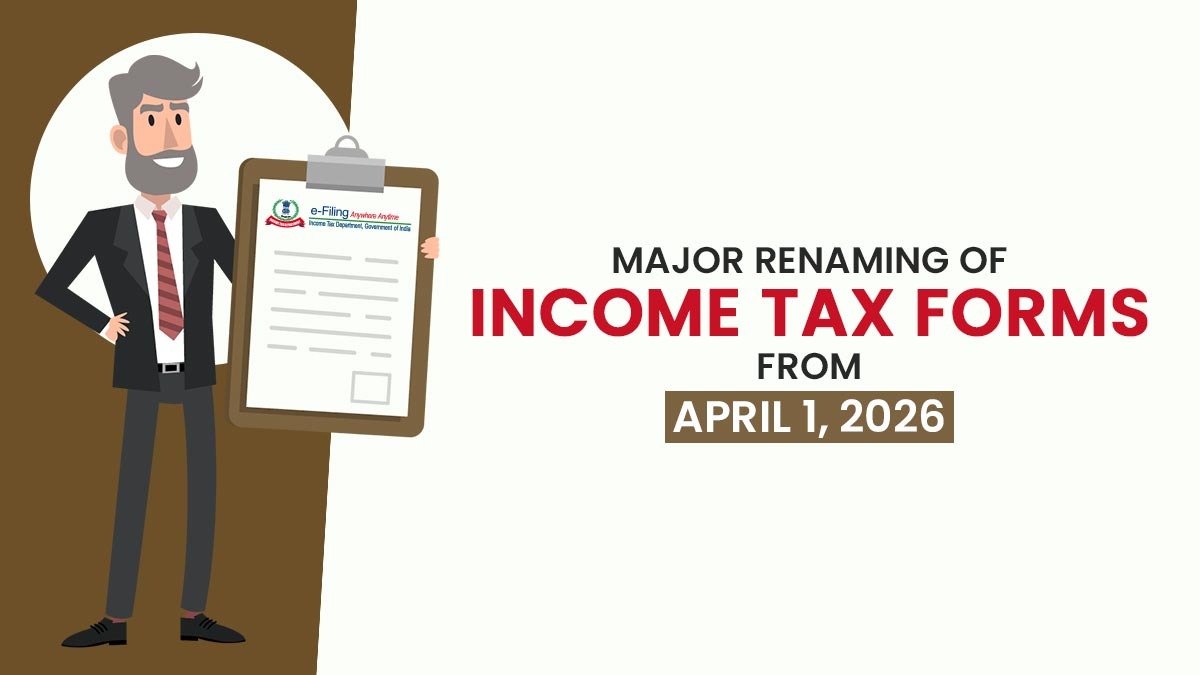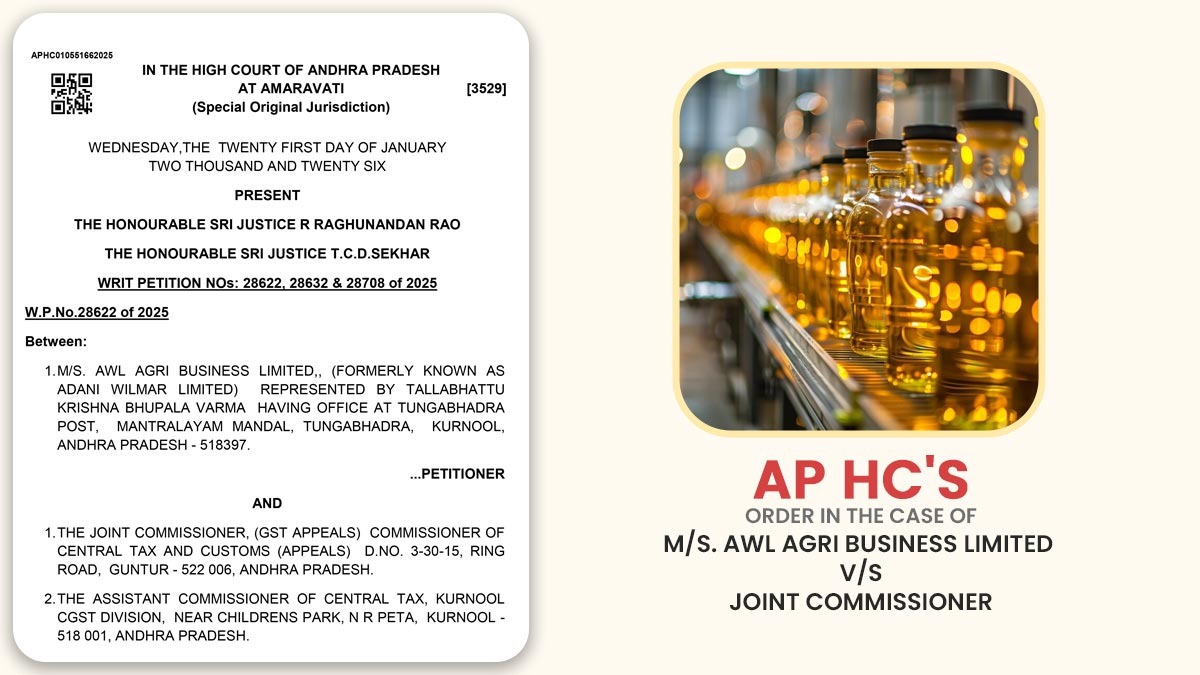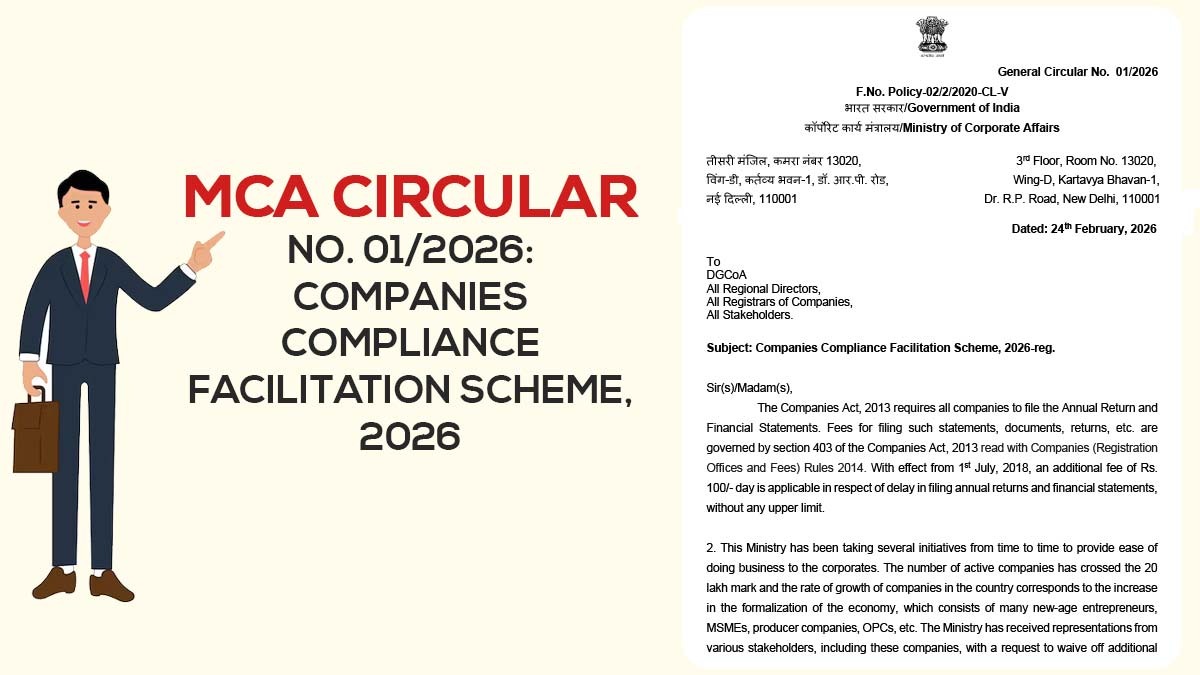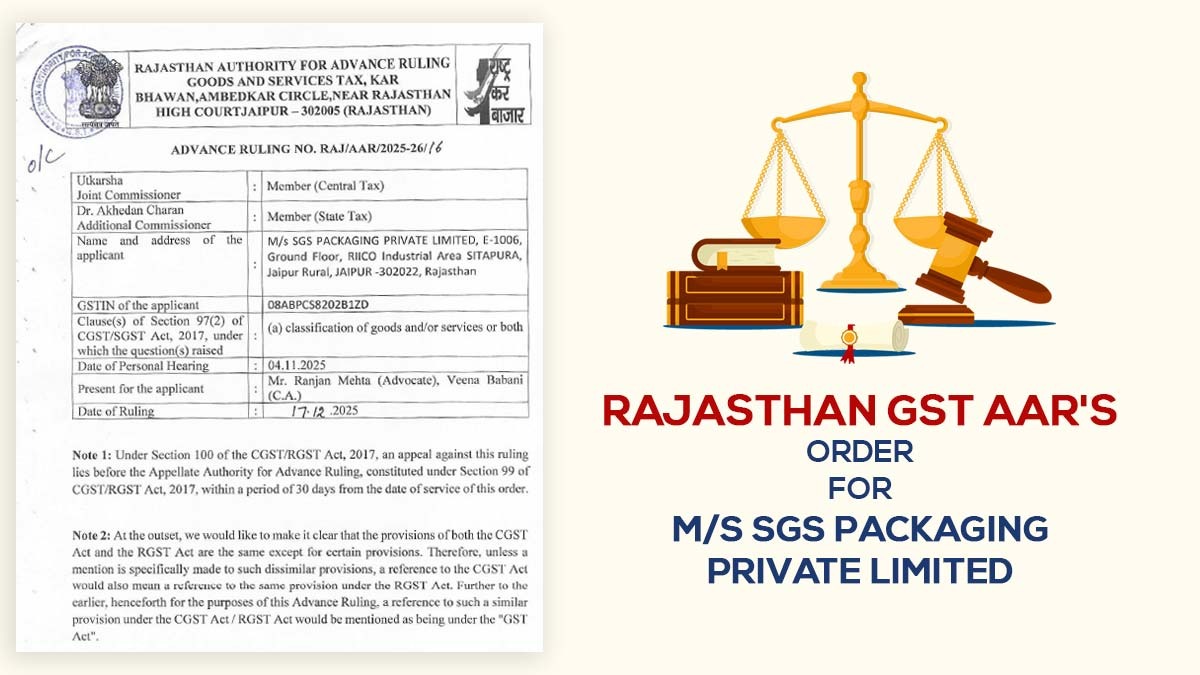The Constitution (122nd Amendment) Bill 2014, known as the Goods and Services Tax (GST) Bill, was passed by the Rajya Sabha on August 3, 2016. The GST bill is now a reality across the nation and has a significant place in the taxation ambit. The Indian Government has brought GST return filing forms in a PDF format to disclose in front of professionals.
We have already been covering several aspects of the GST Bill in the Indian economy. We also discussed the impact of GST on the oil and Gas sector. Now, we see the impact it has had on the Hospitality and Tourism Industry.
In the 56th GST Council meeting, a new tax rate was introduced to boost tourism and make accommodation more affordable for domestic travellers. However, these changes have introduced new compliance complexities for the industry.
GST Rate Structure for Hotel Accommodation
The hotel room tariffs are divided into three main slabs, representing the most impactful structural change:
| Room Price | New GST Rate | ITC |
|---|---|---|
| INR 1,000 or Less | Nil | Not Applicable |
| INR 1,000 to 7,500 | 5% | Not Allowed |
| Above INR 7,500 | 18% | Applicable |
In the highly competitive price range of ₹1,001 to ₹7,500, the denial of Input Tax Credit (ITC) poses a notable challenge. Hotels are unable to claim credit for the GST paid on essential operating expenses such as rent, utilities, and maintenance, etc. This results in a higher effective cost of doing business, prompting industry bodies like the Federation of Hotel and Restaurant Associations of India (FHRAI) to actively advocate for change.
Food and Beverage (F&B) Services
The GST rates applicable to dining services depend on the classification of the hotel’s tariff.
| Services | New GST Rate | ITC |
|---|---|---|
| Rooms cost ₹7,500 or Less | 5% | Not Allowed |
| Rooms cost ₹7,500 or Above | 18% | Applicable |
The food and beverage sector continues to advocate for new GST rates from room tariffs to ensure simpler compliance and create a standard, competitive environment for all restaurants.
Other Sectoral Reforms
Transport Sector: The GST rate on buses with a seating capacity of 10 or more has been reduced from 28% to 18%. This change will lower capital expenditures for fleet operators, which could result in reduced travel costs for tourist groups and promote organised road travel.
Wellness Services: The GST on services such as spas, beauty treatments, and physical wellness offered within hotels has been decreased from 18% to 5%. However, this reduction is subject to input tax credit (ITC) denial.
Rajeev Kohli has called it a step in the right direction and further adds, “We are a segment of the economy that is overtaxed, and we are paying high double-digit taxes at various levels. If the government wants tourism to be a high driver of growth, then it is time to think differently. Tourism and travel cannot be perceived as a luxury anymore.”
Conclusion: The government has reduced consumer-facing GST rates to make tourism more affordable. However, the rules on Input Tax Credit (ITC), particularly for the mid-market segment, have become a major operational and financial challenge for the hospitality industry within the current GST framework.










Hello … I want to know the impact of GST on tourism industry in simple words…or in lay man language. .
There is no clarity taxes being levied for inter-state tourism . The Status of Yellow Board Passenger Cars , permits , octroi for Transport sector . We all assume it is one state , one tax .Please clarify
Now, all are covered under GST. Please read GST Draft LAW.